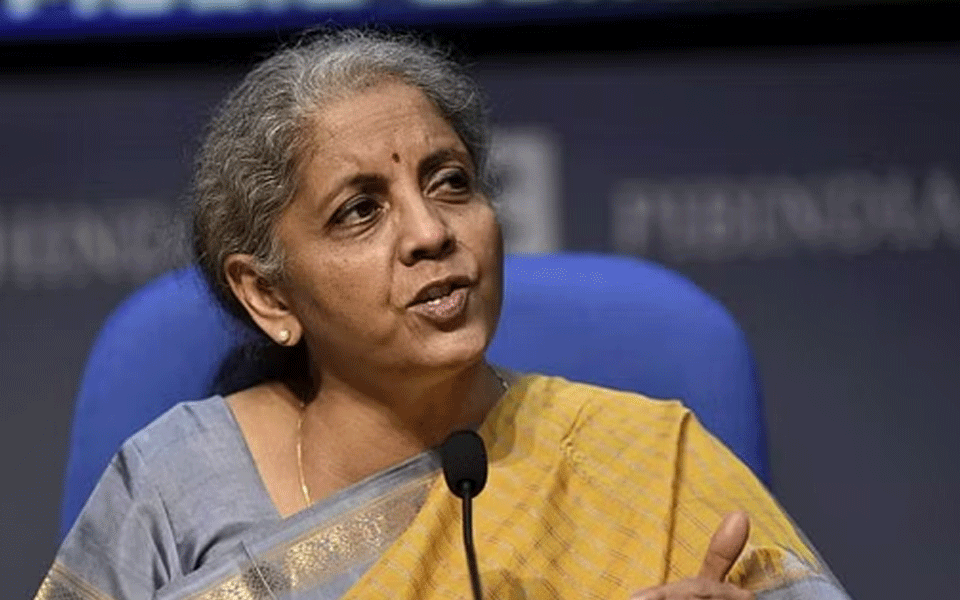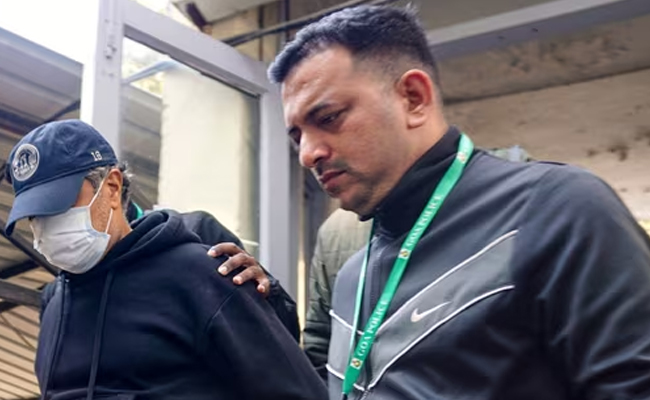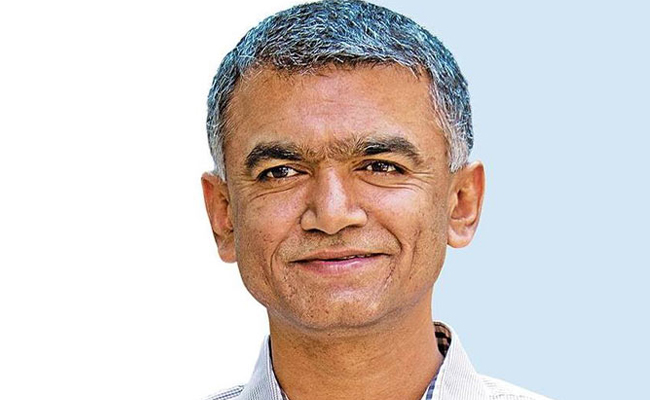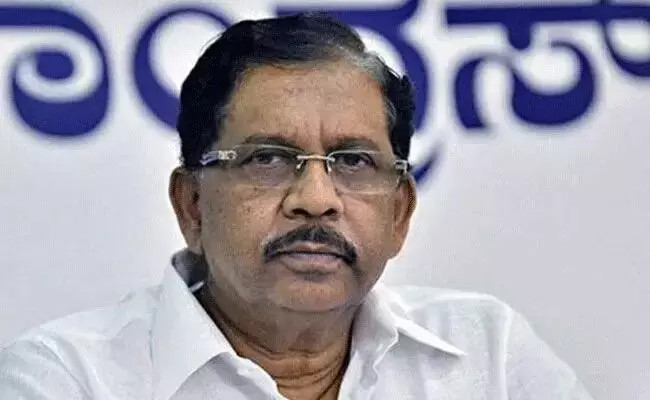Washington (PTI): The Indian economy will stay on course despite global headwinds and is projected to grow at seven per cent in fiscal 2022-23, Finance Minister Nirmala Sitharaman has said, attributing this to the conducive domestic policy environment and focus on key structural reforms.
Sitharaman's remarks came during her intervention at the plenary session of the international Monetary Finance Committee (IMFC) on Friday.
The meeting itself, she said, is being held at a juncture when the global economic outlook is clouded by key downside risks: growth slowdown in major economies, cross-border effects due to the ongoing geopolitical situation, inflationary pressures led by escalating food and energy prices that have adversely impacted vulnerable economies.
Despite global headwinds, the Indian economy will stay on course and is projected to grow at seven per cent in FY 2022-23. This is an outcome of the conducive domestic policy environment and the government's focus on key structural reforms to boost growth, she said.
She told members of the IMFC that the Indian Government has taken initiatives to protect growth while pursuing inflation management.
The government has ensured the availability of free food grains to more than 800 million vulnerable families for the past 25 months, through the country's massive public distribution network, she said.
Last-mile delivery of financial services to the poor has been a key priority of the government and this has been aided by India's digital public good infrastructure.
Today, India is leading the world in terms of digital payments innovations with our transaction cost being the lowest in the world, Sitharaman said.
Of the view that the IMF needs to increase resources available for emerging and low-income countries to safeguard the global financial system, Sitharaman underscored that concluding the 16th General Review of Quotas (GRQ) by December 15th, 2023 is vital for increasing the voting rights of emerging market economies (EMES) in line with their relative positions in the world economy.
India's quota in the IMF, which determines voting shares in the multi-lateral lending agency, is 2.75 per cent. China's quota is 6.4 per cent and that of the US is 17.43 per cent.
A general review allows the IMF to assess the adequacy of quotas in relation to both the members' balance of payments in financing needs and the Fund's ability to help meet those needs.
Observing that a key downside risk to global recovery is the exacerbated debt distress in many low-income countries, Sitharaman said it is therefore important that the IMF provides the necessary support to deal with the balance of payments-related vulnerabilities.
As such she welcomed IMF's recent initiative of a new food shock window to help countries address food insecurity.
On climate change, she emphasised the importance of a multilateral approach with the principles of equity and common but differentiated responsibilities and respective capabilities.
India has set out an ambitious climate action path through its updated Nationally Determined Contributions that demonstrates India's commitment at the highest level to decoupling economic growth from greenhouse gas emissions.
Transfer of climate finance and low-cost climate technologies from developed to developing countries has assumed critical significance, Sitharaman said.
Let the Truth be known. If you read VB and like VB, please be a VB Supporter and Help us deliver the Truth to one and all.
Bajpe: Police have arrested a youth for allegedly posting derogatory and defamatory content against the Bajpe police on social media.
The arrested accused has been identified as Abhishek M. (23), a resident of Katipalla, Surathkal.
According to the police, Abhishek posted a photograph of Bajpe Nisarga Hotel on his Instagram account mr_a_titude_22, alleging that accused persons in a murder case under the jurisdiction of the Bajpe police station were being treated “like royalty” by the police and were being served beef meals from the hotel every day. In his post, he further accused the police of colluding with criminals and misusing their authority, stating that public trust in the police was being betrayed.
Following which, the Bajpe police registered a case and arrested the accused.
Police records reveal that Abhishek is already facing multiple criminal cases. A case of murder, attempt to murder, assault and robbery has been registered against him at the Surathkal police station. At the same time, a robbery case has also been registered at the Kaup police station.
After his arrest, Abhishek was handed over to the custody of the CEN police for further investigation. He was later produced before a court, police said.





